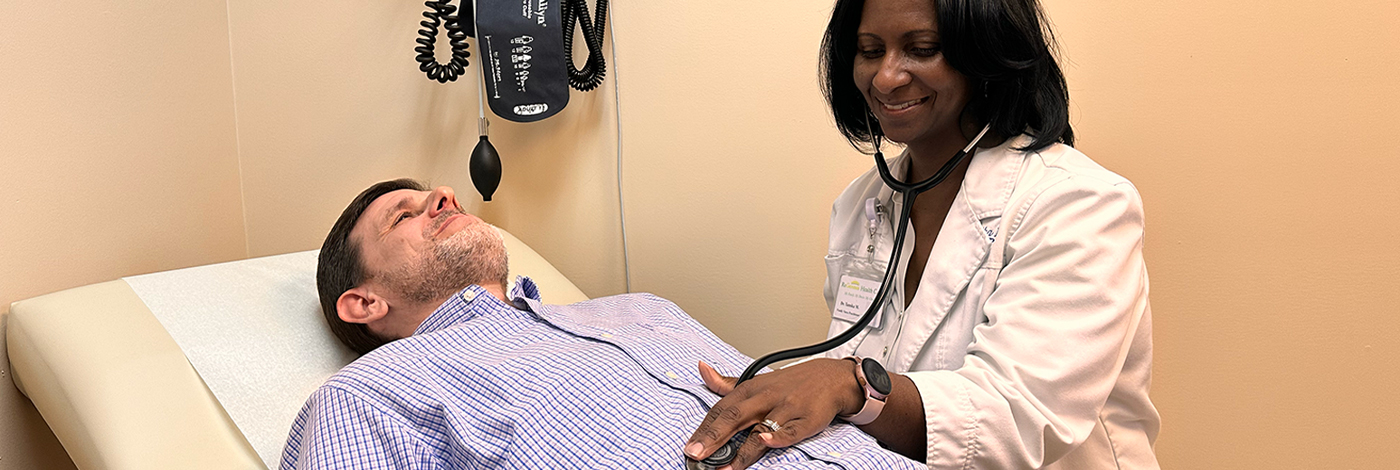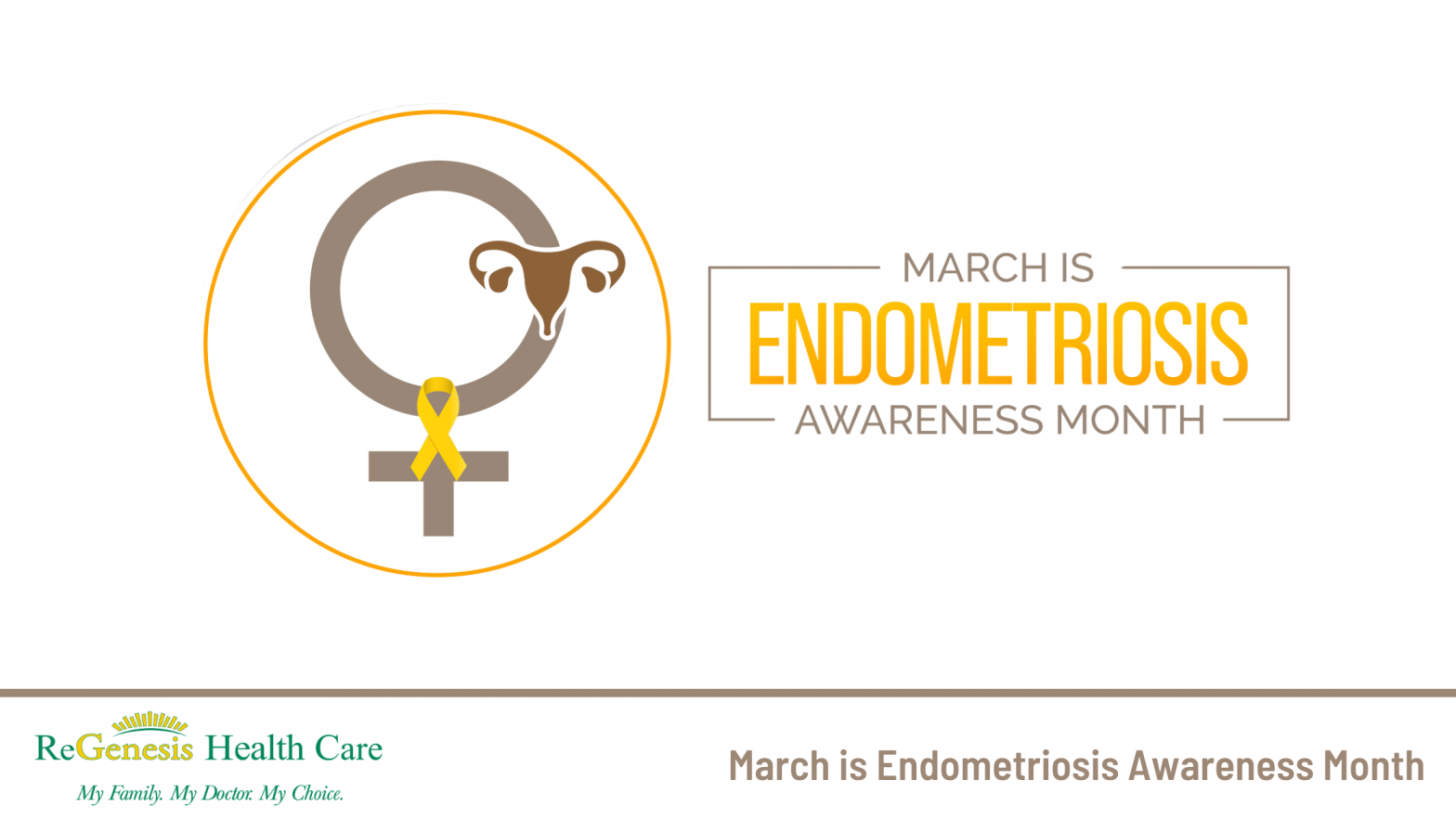In the whirlwind of health observances, National Endometriosis Awareness Month stands out as a crucial spotlight on a condition that significantly affects the lives of millions of women globally. Throughout the month of March, the aim is not only to educate and share experiences but also to underline the importance of timely screenings and enhanced treatment options for those who suffer from this often misdiagnosed disorder.
This blog post will explore the critical aspects of endometriosis. We will provide insights on how it’s diagnosed and treated, and offer ways to effectively raise awareness and empower women to take charge of their health.
Understanding Endometriosis
Endometriosis is a chronic condition characterized by the presence of tissue similar to the lining inside of the uterus, known as the endometrium, growing outside of it. This misplaced tissue still responds to the hormonal changes of the menstrual cycle, causing it to break down and bleed, resulting in inflammation, scarring, and severe pain.
Prevalence: It affects approximately 1 in 10 women of reproductive age. Making it a leading cause of infertility and chronic pelvic pain. Despite its pervasiveness, the root cause of endometriosis remains unclear, and its diagnosis can be challenging.
Symptoms: Endometriosis presents a myriad of symptoms that vary in severity, including pelvic pain that deteriorates over time, often coinciding with the menstrual cycle. This pain may interfere with daily activities and worsen during menstruation. Other common symptoms include pain during intercourse, excessive bleeding, and bowel and urinary disorders.
Diagnosis and Treatment Options
Diagnosis Challenges: One of the hurdles with endometriosis is diagnosing it. There may be a long delay between onset and diagnosis, often due to patients and healthcare providers viewing the symptoms as “normal” menstrual issues. The gold standard for diagnosis is laparoscopy, a surgical procedure allowing a doctor to view inside the abdomen.
Treatment Modalities: Once diagnosed, the treatment plan is generally determined by factors such as age, the severity of symptoms, and the desire for pregnancy. Management may involve a combination of pain medication, hormone therapy, and, in severe cases, surgery to remove the endometriotic tissue.
Additionally, there has been an increased focus on integrative approaches that encompass physical therapy, nutrition, and mental health strategies to help women manage their symptoms more effectively.
National Endometriosis Awareness Month – Raising Awareness
Importance of Early Detection: Raising awareness is pivotal in the fight against endometriosis. Early detection can vastly improve a patient’s quality of life. Advocating for regular gynecological check-ups and tests ensures that symptoms are not dismissed, leading to timely intervention.
Advocacy Efforts: Various organizations and individuals are at the forefront of advocacy. They work to create better support structures for those affected, as well as advancing research for improved understanding and management of the condition. Social media campaigns, community events, and educational resources during awareness month play a vital role in destigmatizing the condition and encouraging open dialogues.
Support Resources: For women grappling with the emotional and physical toll of endometriosis, finding support is indispensable. There are a plethora of resources including support groups, webinars, and platforms that connect patients with experts and others who share their experience.
Empowering Women’s Health
Lifestyle Adjustments: For many women, managing endometriosis also involves making lifestyle changes. This can include diet modifications, particularly reducing inflammation-promoting foods, as well as exercise programs designed to improve pelvic health and overall well-being.
Mental Well-being: The mental health aspect of endometriosis is equally critical. The condition’s chronic nature and potential impact on fertility can lead to anxiety and depression. Through mindfulness practices, counseling, and a strong support network, women can work towards maintaining mental health alongside their medical treatment.
Schedule Your Appointment
For women reading this post, the message is clear—your health is paramount, and your experiences are valid. Early detection and intervention can make a significant difference, and we’re here to support you every step of the way. Remember, taking charge of your health is one of the most empowering moves you can make for yourself.
Schedule your pap screening with our women’s health department today by calling (864) 582-2411.



